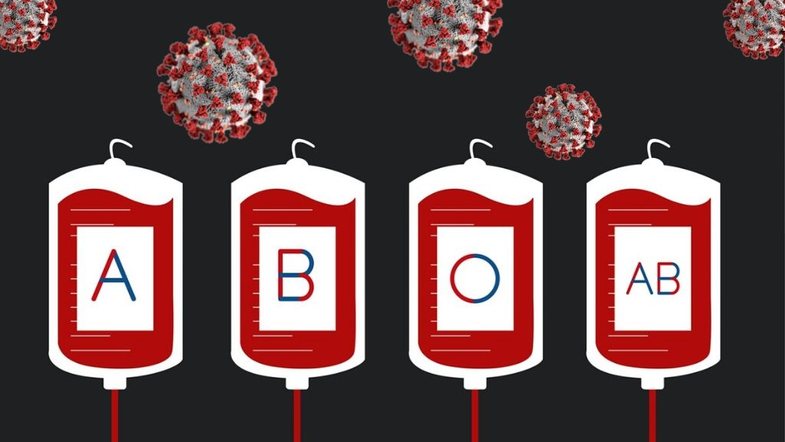
Since the beginning of the pandemic, there has been a growing interest in understanding whether blood type has anything to do with coronavirus infection and how dangerous the infection can be in humans depending on blood type. Here is what is known so far.
What has been said before: In March, Chinese researchers analyzed blood groups of 2,173 infected individuals in Wuhan and Shenzhen and found that patients with blood type A accounted for a larger number of those infected. Another study at Columbia University reached similar conclusions: Individuals with blood group A accounted for 34% of those infected, while those with group O or AB were fewer. None of the studies were evaluated by colleagues.
What has raised suspicion: A June 17 study by the New England Journal of Medicine analyzed the genetic data of 1,600 patients admitted to Covid-19 in hospitals in Italy and Spain. They compared genes with variants of uninfected people and found that people with blood type A had a higher risk of becoming infected, while those with group O had less.
Unknown reasons: Scientists do not yet know if blood type affects Covid-19 infection or risk. Some suggest that group A and B proteins may be related, and that these people's immune system responds more slowly to produce antibodies.
Skepticism: The study methodology has drawbacks. For example, some studies have taken as a basis people who donate blood, when consequently it is wrong as it is more likely to have people with group (O-) who donate blood because it is a universal donor group.
Although studies are still ongoing, experts are generally of the opinion that what really affects the risk of Covid-19 is age and chronic diseases. Individuals with blood type 0 are not immune to severe symptoms.
Burimet: MIT Technology Review, New York Times





